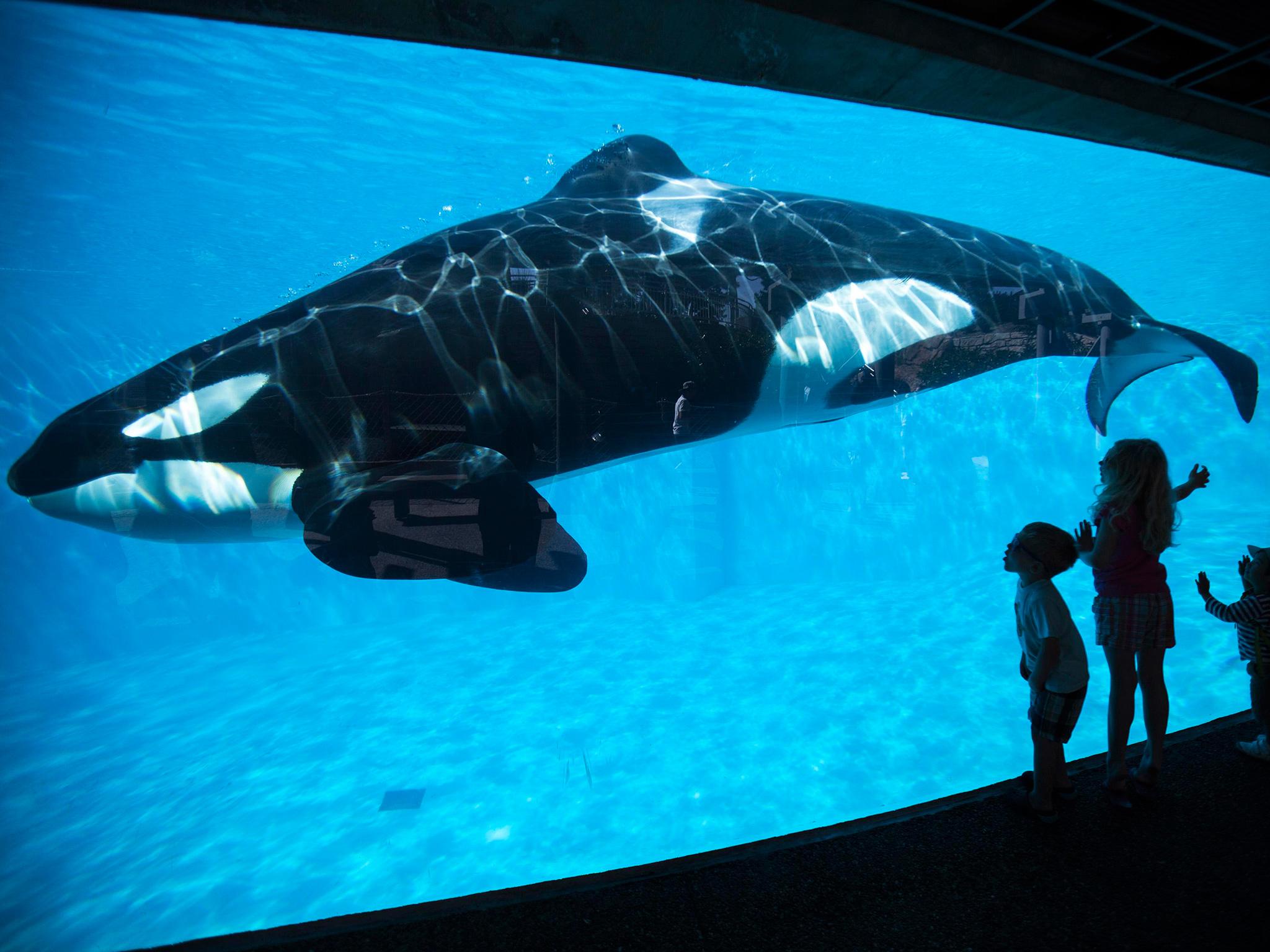California bans SeaWorld’s killer whale shows and breeding program
The decision follows the park’s promise to end its controversial orca shows

Your support helps us to tell the story
From reproductive rights to climate change to Big Tech, The Independent is on the ground when the story is developing. Whether it's investigating the financials of Elon Musk's pro-Trump PAC or producing our latest documentary, 'The A Word', which shines a light on the American women fighting for reproductive rights, we know how important it is to parse out the facts from the messaging.
At such a critical moment in US history, we need reporters on the ground. Your donation allows us to keep sending journalists to speak to both sides of the story.
The Independent is trusted by Americans across the entire political spectrum. And unlike many other quality news outlets, we choose not to lock Americans out of our reporting and analysis with paywalls. We believe quality journalism should be available to everyone, paid for by those who can afford it.
Your support makes all the difference.California has banned SeaWorld’s killer whale breeding program and entertainment shows under a new measure signed by Governor Jerry Brown on Tuesday.
The decision follows the park’s promise earlier this year to end its controversial orca shows.
Under the new measure, a bill titled SB839, corporations, and individuals are prohibited from breeding killer whales in captivity. Those who break the new law can be fined up to $100,000.
The bill’s author, Democratic Assemblyman Richard Bloom from Santa Monica, made an exception for educational institutions who intend on researching and rehabilitating the marine mammals. Mr Bloom celebrated Governor Brown’s decision on Twitter late Tuesday night.
“Very pleased to announce that my law protecting #orca from captive breeding in California was signed by @JerryBrownGov today,” he wrote.
The company still holds 24 orcas in captivity at parks in California, Texas, and Florida. In a statement, SeaWorld said that the new law is in line with the company's views. They also pointed out that they are legally permitted to capture new whales with the intentions of returning them into the wild.
"The bill does allow for SeaWorld to rescue and rehabilitate stranded orcas, with the goal of returning them to the wild, as is the case with all animals we rescue." the company said on its website. "And, if the federal government determines that the orca is not releasable, that animal could stay in SeaWorld’s care.
SeaWorld’s attendance has plunged since the documentary Blackfish was released in 2013, which criticized the park’s treatment of its whales. The company’s shares have also dropped more than 62 per cent in the past three years and are down 37 per cent year-to-date.
In March, SeaWorld promised to abandon its breeding programs and entertainment performances to focus on educational endeavors. The park’s San Diego branch plans to introduce their new orca display by 2017, followed by their parks in San Antonio and Orlando.
"SeaWorld has been listening and we’re changing,” the company said in a statement. “Society is changing and we’re changing with it. SeaWorld is finding new ways to continue to deliver on our purpose to inspire all our guests to take action to protect wild animals and wild places.”